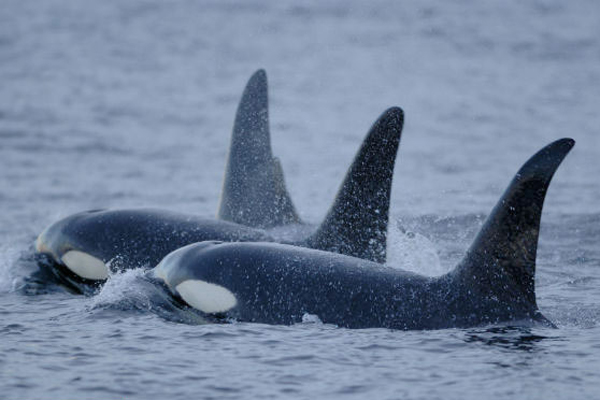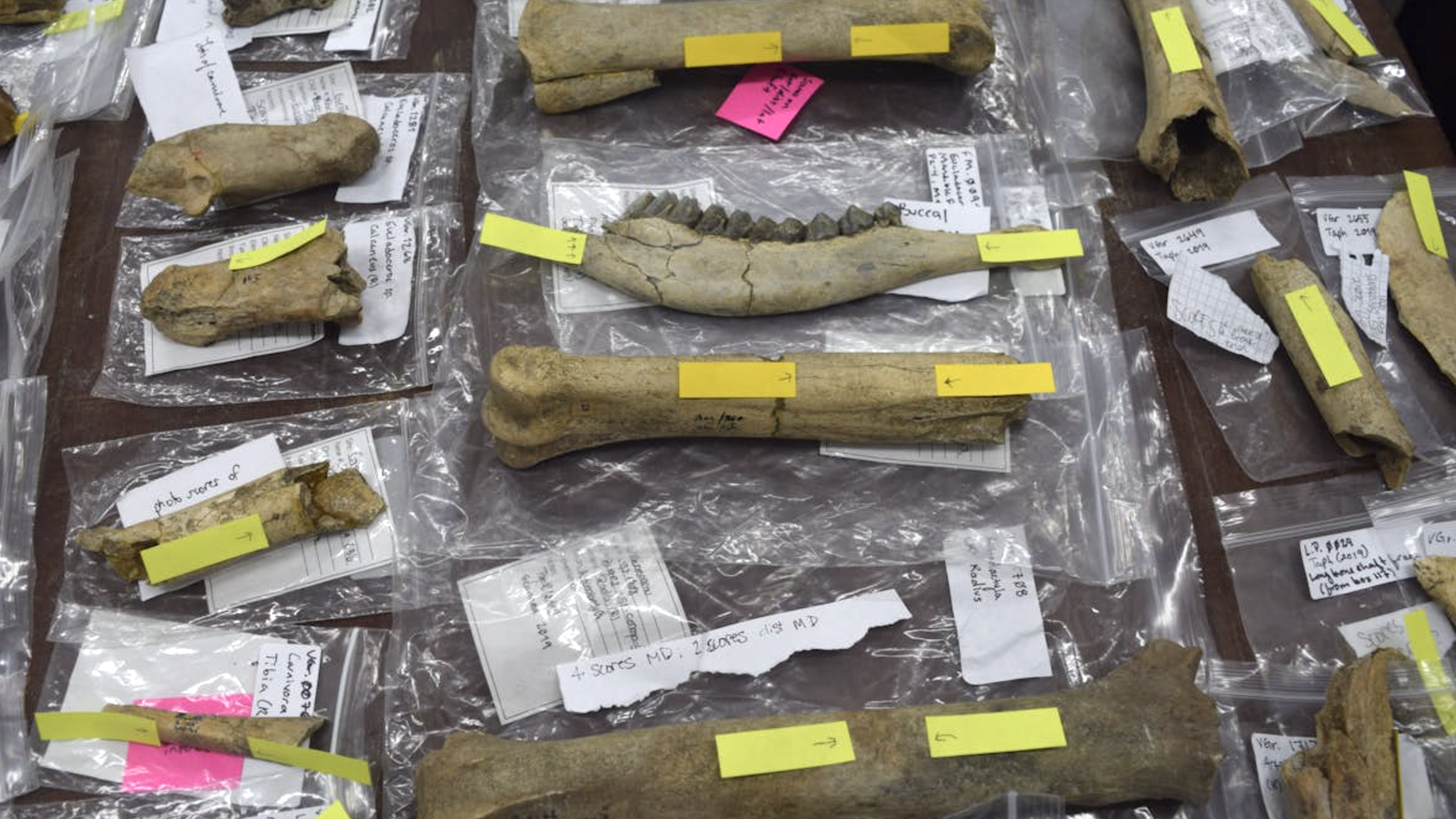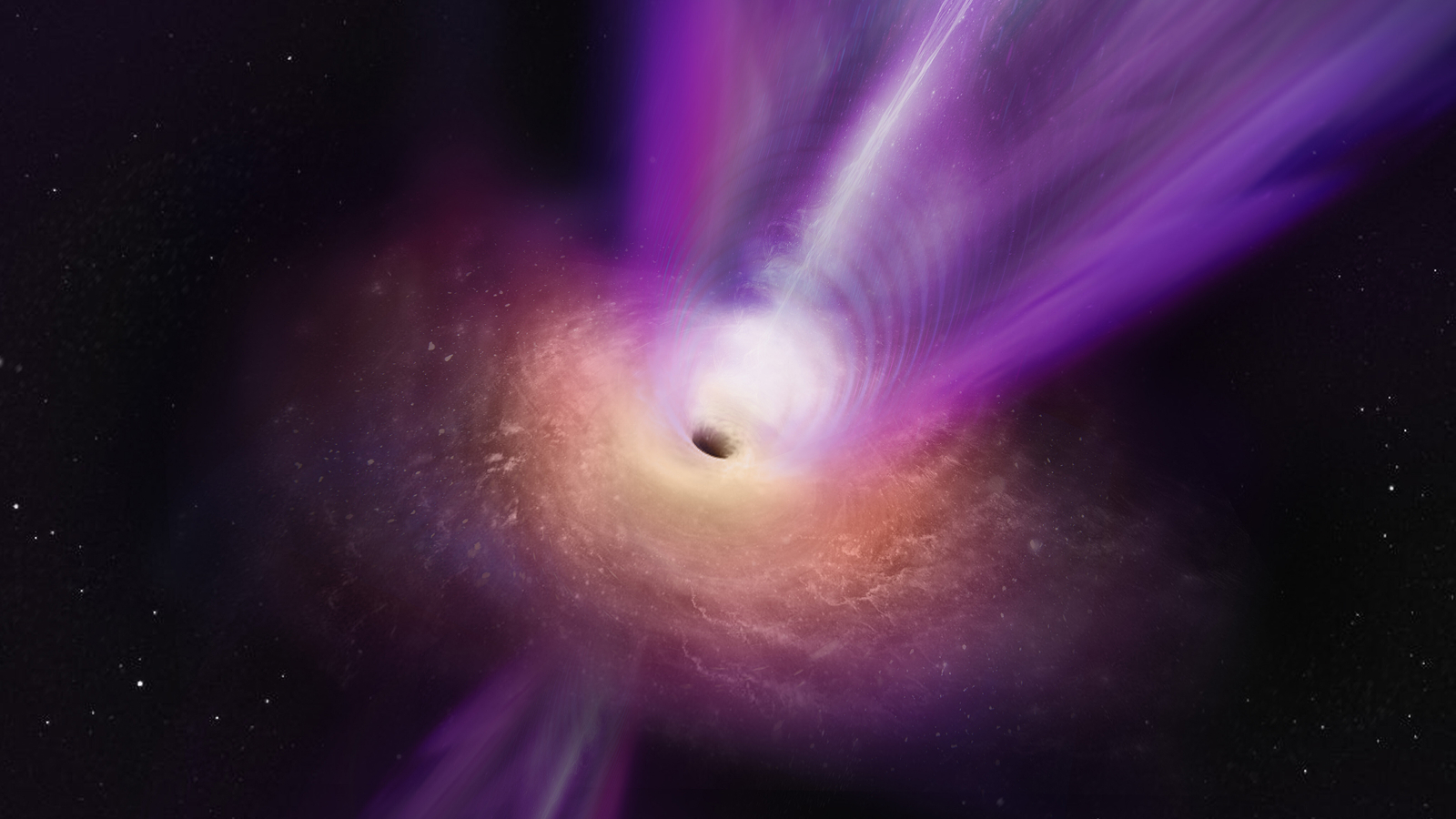
No Matter the Spin, Whales in Captivity Deserve Better (Op-Ed)

Wayne Pacelle is the president and chief executive officer of The Humane Society of the United States (HSUS). This Op-Ed first appeared on the blog A Humane Nation, where it ran before appearing in LiveScience's Expert Voices: Op-Ed & Insights.
You may have heard the news that SeaWorld recently hired a big-league public relations firm to try and counter the bad publicity resulting from the movie exposé "Blackfish."
SeaWorld's image troubles cannot be addressed in their entirety by throwing money at public relations. Even with the best spin-masters in the world, it's very hard to reverse the growing public perception that whales should not be contained in sterile swimming pools.
More and more, the public is becoming aware that SeaWorld, which is an innovator in so many ways, has fallen behind the times — decades behind, and more with each passing year. As a consequence, majestic animals suffer in environments that cannot meet their behavioral and social needs. In short, SeaWorld clings to a 19th-century approach to putting animals on exhibition, and it's time for them to change the business model. There's some strong nature education that SeaWorld conducts, but that doesn't offset the archaic treatment of their whales.
For example, SeaWorld executives are quick to note that the orcas they put on display are not taken from the wild. That statement is, in itself, recognition that the only thing worse than trying to keep such large, intelligent and social animals on display in miserably small, artificial containers of water, is capturing those animals in the wild. But if SeaWorld recognizes that fact, then what can we say about the recent effort by the Georgia Aquarium and other partners, including SeaWorld, to import wild-caught beluga whales, another majestic marine mammal, to put them on display in parks?
Here's what we can say: Thank heavens for the National Oceanic and Atmospheric Administration's decision earlier this week. After tens of thousands of Americans raised their voices, the agency refused to bend the nation's two-decade-old policy of "no wild capture" of whales. As a result, NOAA denied the import permit for 18 wild-caught belugas, some of them destined for SeaWorld.
And we can also say this: The movie "Blackfish," plus David Kirby's important book Death at SeaWorld, build on years of work by The Humane Society of the United States and other respected organizations to bring an end to the captive display of whales by eliminating breeding and allowing whales the opportunity to live in large sea pens.
The public would learn more about whales seeing them in more natural settings. Never in our nation's history has there been a better time for the promotion of humane, environmentally sustainable education about marine mammals. As SeaWorld should know by now, that is earned with real leadership — not with a PR contract.
Pacelle's most recent Op-Ed was Farm Bill Amendment Tramples States Rights to Protect Animals. This article was adapted from Belugas, Orcas, and Doublespeak, which first appeared as on the HSUS blog A Humane Nation. The views expressed are those of the author and do not necessarily reflect the views of the publisher. This article was originally published on LiveScience.com.
Sign up for the Live Science daily newsletter now
Get the world’s most fascinating discoveries delivered straight to your inbox.










